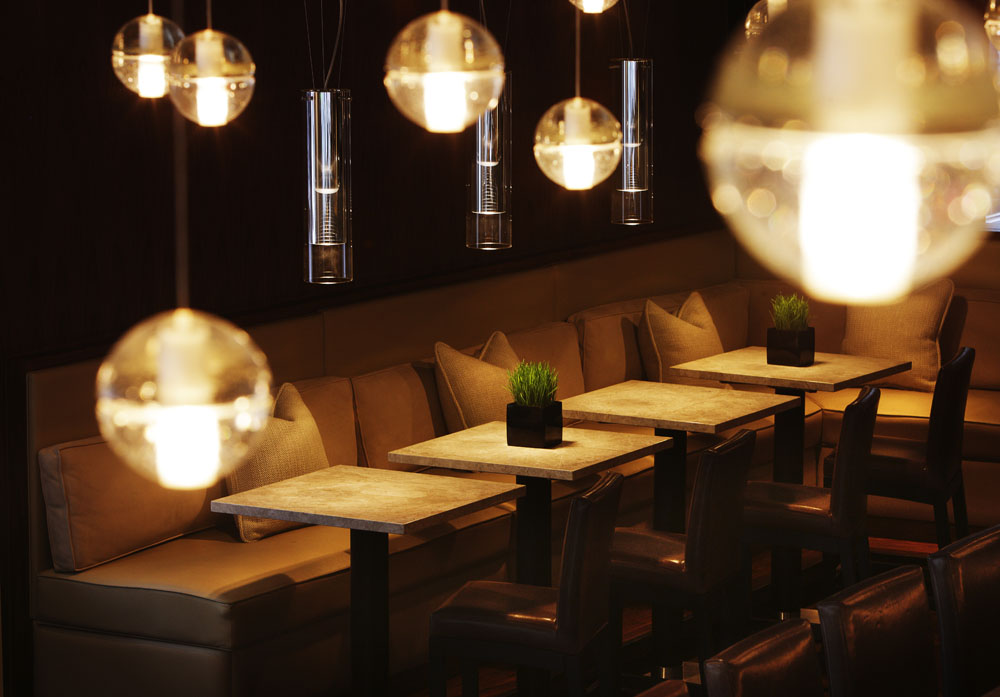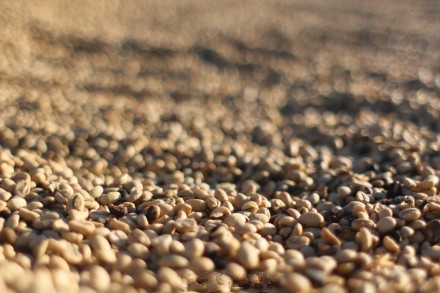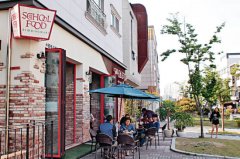Australian coffee industry set off a trend of integration and operators scramble for market share
The overall size of the Australian coffee industry is more than A $4 billion, but there is not a single giant in the market at present. The strong growth of the retail coffee market has stimulated the major coffee brands to consider asset integration, expand the scale of operations and increase their market share.

ACB News "Australia China Finance online" reported that the overall size of the Australian coffee industry is as high as A $4.3 billion, of which the retail coffee sector is about A $3.2 billion. Unlike other industries, the Australian coffee industry does not have an industry leader in the market, but is divided equally by 6700 coffee companies, with an overall profit of more than A $250 million a year.
However, with the growing market, many coffee companies are considering expansionary development strategy, through the acquisition of stores, all-round purchase of coffee roasting, processing equipment and other measures, unified control of quality and cost, in order to expand market share.
RFG (Retail Food Group), an Australian listed retail food group, took the lead in acquiring famous Australian coffee chain Gloria Jeans and Brisbane coffee brand Di Bella.ACB News "Australia China Finance online" for A $164 million and A $47 million respectively last year. It has been reported that after the acquisition, RFG Group will continue to adhere to the "farm-to-coffee cup" principle. Direct purchase of coffee beans, processing in the group's baking and packaging plants in Australia, the United States, New Zealand and other countries, expand the international market, and plan to distribute to the Middle East and China (report link).
The fast food industry is closely followed by the advantage of outlets, and the action of global brands is eye-catching. McDonald's, which has total sales of A $4 billion in Australia, also intends to continue to expand its coffee business. McDonald's currently has 750 McCafes cafes in Australia and plans to open a hipster coffee shop called The Corner in Sydney in the near future.
Withers Group, the Australian subsidiary of convenience store brand 7-Eleven, which has 600 stores in Australia, said that its hot drink business (including coffee and chocolate) increased by 30 per cent last year. In order to meet the market demand, 7-Eleven plans to launch "one dollar coffee", and hot drink sales are expected to reach A $40 million in the coming year. To grab market share, Withers Group bought the Australian operation of Starbucks Coffee last year and opened a Starbucks with an area of about 200m2 in Brisbane Garden City (Garden City).
The development of the coffee industry in Australia is unique. A large number of coffee shops do not buy coffee grinding equipment on their own, but tend to lease these equipment from coffee bean suppliers, usually for a term of 3-5 years. With the growing development of the coffee industry, many large franchisees have begun to buy equipment for vertical integration of the industry.
CEO Dan Gallo, the Melbourne arm of Australian coffee group Coffee Club, also said that Coffee Club was also continuing industrial association and vertical integration and was considering abandoning the use of contracted roasters to buy its own coffee roasters and intended to launch bagged coffee in stores and online at the same time.
Source: Australia China Finance online
Important Notice :
前街咖啡 FrontStreet Coffee has moved to new addredd:
FrontStreet Coffee Address: 315,Donghua East Road,GuangZhou
Tel:020 38364473
- Prev

World Coffee Information Latin American caffeine climate warming is facing decline
Organic coffee in Latin America is under threat due to the spread of rust leaf disease at higher altitudes due to global warming, Taiwan's United News Network reported recently. For nearly six years, a fungus commonly known as "coffee rust" has killed a large number of coffee trees in Central America, so many that scientists believe that coffee harvests in the region could be reduced by as much as 40%. The culprit is what scientists say
- Next

The first regional mass creative space alliance was born in Shanghai.
Let's go, guys, let's have a coffee on the first floor! just after 11:00 on March 29th, the country's first regional mass innovation space alliance was established in the Shanghai Science and Technology Entrepreneurship Center. Walking out of the lecture hall on the fifth floor, the entrepreneurial partner is still unsatisfied.
Related
- The ceremony is full! Starbucks starts to cut the ribbon at a complimentary coffee station?!
- A whole Michelin meal?! Lucky launches the new "Small Butter Apple Crispy Latte"
- Three tips for adjusting espresso on rainy days! Quickly find the right water temperature, powder, and grinding ratio for espresso!
- How much hot water does it take to brew hanging ear coffee? How does it taste best? Can hot water from the water dispenser be used to make ear drip coffee?
- What grade does Jamaica Blue Mountain No. 1 coffee belong to and how to drink it better? What is the highest grade of Blue Mountain coffee for coffee aristocrats?
- What are the flavor characteristics of the world-famous coffee Blue Mountain No. 1 Golden Mantelin? What are the characteristics of deep-roasted bitter coffee?
- Can I make coffee a second time in an Italian hand-brewed mocha pot? Why can't coffee be brewed several times like tea leaves?
- Hand-brewed coffee flows with a knife and a tornado. How to brew it? What is the proportion of grinding water and water temperature divided into?
- What is the difference between Indonesian Sumatra Mantinin coffee and gold Mantinin? How to distinguish between real and fake golden Mantelin coffee?
- What does bypass mean in coffee? Why can hand-brewed coffee and water make it better?

